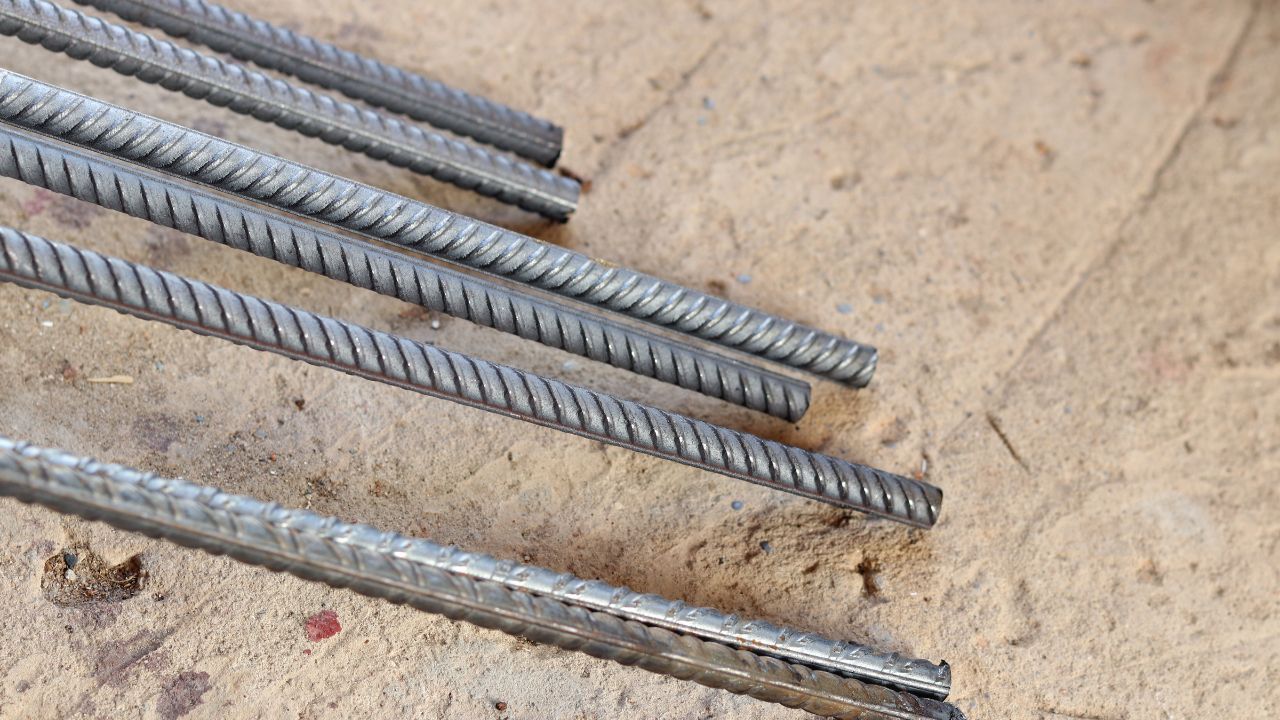In the world of construction, accurate material costing is the backbone of any successful project. Rebar (reinforcing bar) is a staple in concrete structures, but calculating its cost can be tricky due to varying sizes, lengths, and market prices. That's why we've developed the Rebar Cost Calculator—a free, user-friendly tool to help engineers, contractors, and builders estimate rebar expenses quickly and precisely. Whether you're working on a small residential build or a large-scale infrastructure project, this calculator factors in weight-based pricing to give you spot-on total
Why Use a Rebar Cost Calculator?
Rebar costs aren't just about length—they're tied to weight, which varies by diameter. Traditional estimates often overlook this, leading to budget overruns. Our calculator uses the industry-standard formula for rebar density (steel at 7850 kg/m³) to compute weight accurately. It's built with Bootstrap for a responsive design, making it perfect for desktops, tablets, or mobile devices on-site.
Key benefits:
- Instant Results: Updates in real-time as you tweak inputs.
- Unit Flexibility: Switch between feet and meters seamlessly.
- Custom Sizes: Handle non-standard diameters effortlessly.
- Free and Open: Embed it in your site or use it standalone.
How the Calculator Works: Step-by-Step Inputs
The tool takes four main inputs:
- Rebar Length: Enter the length per bar (e.g., 20 feet). Choose units: feet or meters.
- Rebar Diameter/Size: Select from standard sizes (#3 to #8) or input a custom value in mm. This drives the weight calculation.
- Number of Rebars: Specify the quantity (e.g., 10 pieces).
- Cost per kg: Input your supplier's rate (e.g., $0.75/kg).
As you enter values, the calculator crunches the numbers and displays the Total Rebar Cost in dollars.
The Formulas Behind the Magic
At its core, the calculator relies on the rebar weight formula derived from steel's cross-sectional area and density. Here's the breakdown:
1. Weight per Meter (kg/m)
Rebar weight is calculated using the formula for the mass of a cylindrical steel bar:
Weight per meter (kg/m)=0.006165×d2
Where d is the diameter in millimeters (mm). This constant (0.006165) comes from 1,000,000π×(d/2)2×7850 , simplifying steel's density (7850 kg/m³) and converting to kg/m.
2. Total Length in Meters
Convert the input length to meters for consistency:
Total Length (m)=L×N×C
Where L is the length per bar, N is the number of rebars, and C is the unit conversion factor (0.3048 for feet to meters, 1 for meters).
3. Total Weight (kg)
Multiply the total length by the weight per meter:
Total Weight (kg)=Total Length (m)×Weight per meter (kg/m)
4. Total Cost ($)
Finally, apply the unit cost:
Total Cost ($)=Total Weight (kg)×P
Where P is the cost per kg.
These steps ensure precision, with the tool handling conversions and custom inputs automatically via JavaScript.
Real-World Example: Calculating Rebar for a Beam
Let's say you're reinforcing a 20-foot concrete beam with 10 #5 rebars (16mm diameter) at $0.75 per kg.
- Length L= 20 ft → Convert to meters: 20 × 0.3048 = 6.096 m
- Number N = 10
- Diameter d=16
- Cost P=0.75 $/kg
Step 1: 0.006165×162=0.006165×256=1.578kg/m
Step 2: 20×0.3048×10=60.96m
Step 3: 60.96×1.578≈96.23kg
Step 4: 96.23×0.75≈72.17$
This example shows how small inputs lead to big savings—spot errors early and bid confidently.

Check out 9 Similar Calculators: